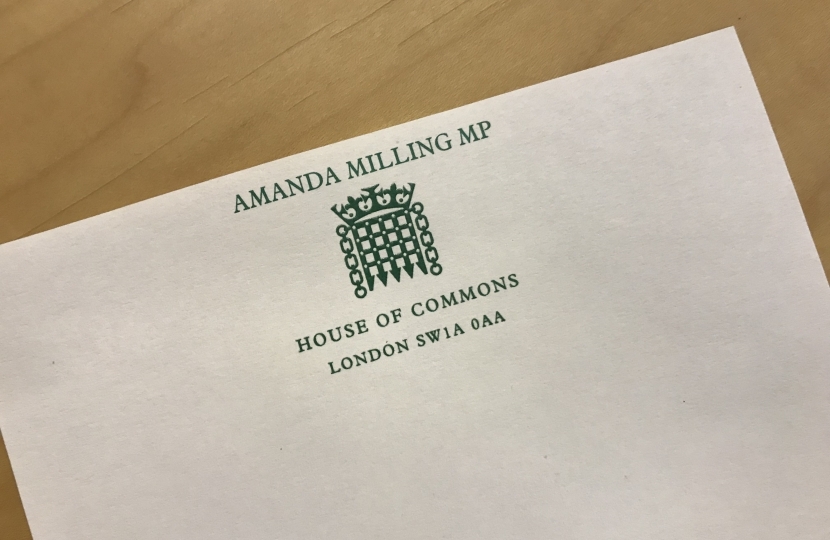
Last week we announced our new £36 billion plan to fund the NHS, tackle backlogs and fund social care.
The pandemic has increased NHS waiting lists to a record high of over 5 million and it has been clear for a long time that our social care system needs fundamental reform to provide a long-term solution.
Over the next three years, this package will fund the biggest catch-up programme in NHS history, including providing an extra 9 million checks, scans and operations – increasing NHS capacity to 110% of its pre-pandemic levels.
On top of this, we are investing in and reforming our social care system to finally end the unpredictable and catastrophic care costs faced by thousands.
As part of the long-term reforms to social care, there will be a cap of £86,000 over a lifetime for care costs. This will apply irrespective of where you live, how old you are, how much you earn, or your health condition. The state will cover all care costs for anyone with assets with under £20,000.
The threshold above which the state stops support will also increase from £23,500 to £100,000, meaning anyone with assets between £20,000 to £100,000 will receive state contributions.
The package will be funded by a 1.25 per cent ringfenced Health and Social Care Levy - equivalent to an extra 1.25% on National Insurance plus a 1.25% tax on share dividends.
The Conservative Party manifesto pledged not to raise national insurance, but the Coronavirus was not in our manifesto. We also pledged to responsibly manage our public finances and to reform social care.
If we are going to tackle the unprecedented pressure put on our NHS, we have to take the tough decisions to ensure we can continue fund our NHS and social care systems on a sustainable, long-term footing.
And as Conservatives we will always take the tough decisions for the country. The Labour Party voted against our plan to fund the NHS and tackle social care and have failed to put forward an alternative plan. The Labour Party do not have a plan for the British people.
Without this extra-funding, NHS waiting lists for elective surgery could rise to as high as 13 million by the end of the year and our social care system would remain unresolved.
These steps are responsible, necessary and fair – giving our health and care services the backing and funding they need to build back better from the pandemic.

